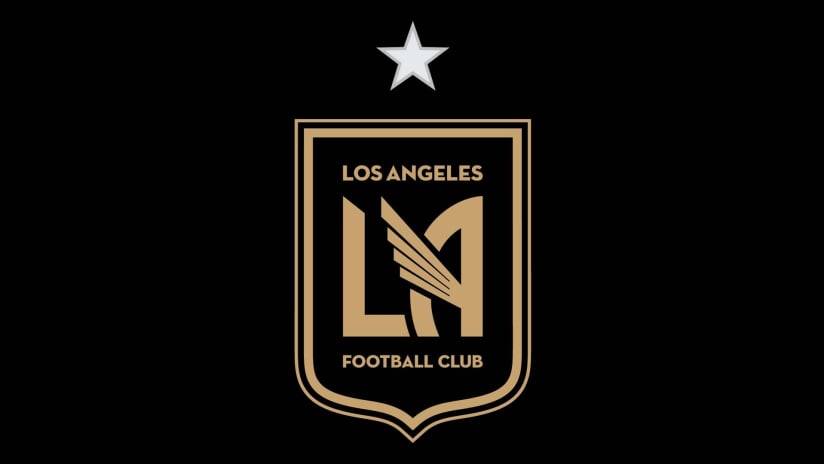At this time last season, I had the chance to sit down with LAFC defender Mohamed El-Munir to learn more about how players observing the Islamic holy month of Ramadan cope with the rigors of training and matches at a time when they are fasting during daylight hours from both food and drink. The common understanding of Ramadan in non-Islamic populations is that of going without. Sacrifice and fasting are the most recognizable practices of the month.
But I quickly learned from El-Munir that Muslims observe and view the month both in very personal ways and with an underlying virtue that is highlighted less so than fasting.
Because while going without food or even water for more than half a day is no doubt suffering, especially when pushing your body to its limits during traditionally hotter months, it’s merely a bridge to a higher calling.
“This is one of our special times that comes once a year when we fast and we worship God. Fasting is not just about food. It helps you feel the need of the poor people who really struggle to find food,” El-Munir reminded me as we spoke, this year via Zoom instead of in person. “For us, it’s easier because now I’m sitting here waiting and at 7:30 pm or 8 pm, I’m going to eat. Imagine how other people feel, how poor people feel?
“Imagine a poor person that has to fast because he has no choice. He doesn’t know when he’s going to eat. He doesn’t know if he’s going to eat at 7:30 pm or the next morning or the day after that. This is the chance that we get to feel like other people so that we can humble ourselves and we can help people.”
This year, that core tenant of empathy has come into greater focus. The global pandemic has forced people the world over to recognize how much more we’re alike than different in the most important ways. But even as empathy is front of mind right now, the COVID-19 crisis has also made this particular Ramadan a very different one than years past.
“It’s just a weird year. Weird Ramadan. It’s the first time and hopefully the last time it will be like that,” LAFC goalkeeper coach Zak Abdel told me.
Abdel has observed Ramadan since the age of 5. Sheltered at home during this time, he misses the community aspect of the holy month.
“You miss it a lot. When you go pray on Friday and everybody is in the mosque. Or when you break fast and everybody eats together as a community. You get to be around maybe 1,500 people and eat together at the same time,” Abdel said. “It’s missing this year. Missing a lot. Stuff like that. Missing family, friends, neighbors, and people that go to mosque. You miss it a lot.”
Adama Diomande has taken advantage of the time at home and away from team training to dive deeper into the practice of his faith. He said this will be the first time he’ll be able to fast the entire month without breaks due to the lack of team training and matches.
Diomande considers that a “blessing” but agrees that isolation isn’t always easy.
“That’s been one of the most difficult things, I think. Not only for me but for most Muslims,” Diomande said. “To pray together is very important. And just to feel the spirituality around a mosque and inside a mosque and to connect with people, the time goes by and you learn a lot. But now, it’s more online. You can learn online. I read from home and pray at home. It’s been difficult but still, it’s a blessing that we can stay home.”
El-Munir, Abdel, Diomande, and Latif Blessing, who also observes Ramadan on the team, do their best to stay in contact through team workouts via video conferencing and regular phone check-ins. And all agreed that while it's been difficult at times, their primary focus always returns to those around the world that are having an even tougher time.
"The worst is when you think about people that don’t have food. Some countries in Africa, they’re fasting but they don’t even have food," Abdel said. "You think about these people too. And it breaks your heart.
"This month is always about donations to people that don’t have food. You find a way to help in a different way."
Diomande and El-Munir shared similar sentiments, saying they've found ways to donate and help without leaving the house.
"This small tiny virus has shown that there is no difference between if you have $100 million or you’re still living in the street. If it comes to you, it’s going to take you down," El-Munir said. "This virus sent us a message. It doesn’t matter who you are. Boy or girl, black or white, big or small, rich or poor, we are all the same. This is the message people should get and start to understand."
Diomande echoed El-Munir and hopes through the shared sacrifice during the pandemic, we'll all come to realize a greater truth. One that during Ramadan is all the more fitting.
"Actually, right before Ramadan started, I said, ‘Hey, people are starting to clap for people who clean buildings and stuff.' People they felt were a little bit below the rich. I don’t know if it’s a sign from God or something. In Islam, we don’t look down on people. Rich or poor, you have to be on the same level and have the courage to help each other no matter what. It’s not about your job or anything else.
"Now, because of coronavirus, people are coming together more. They see everyone is important in this world. That’s been a good thing I think."













